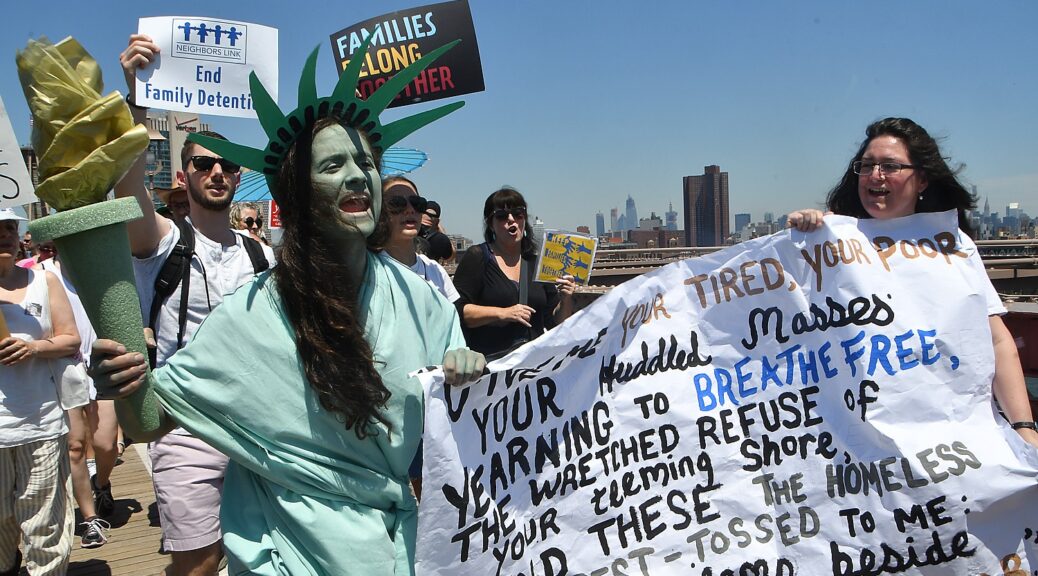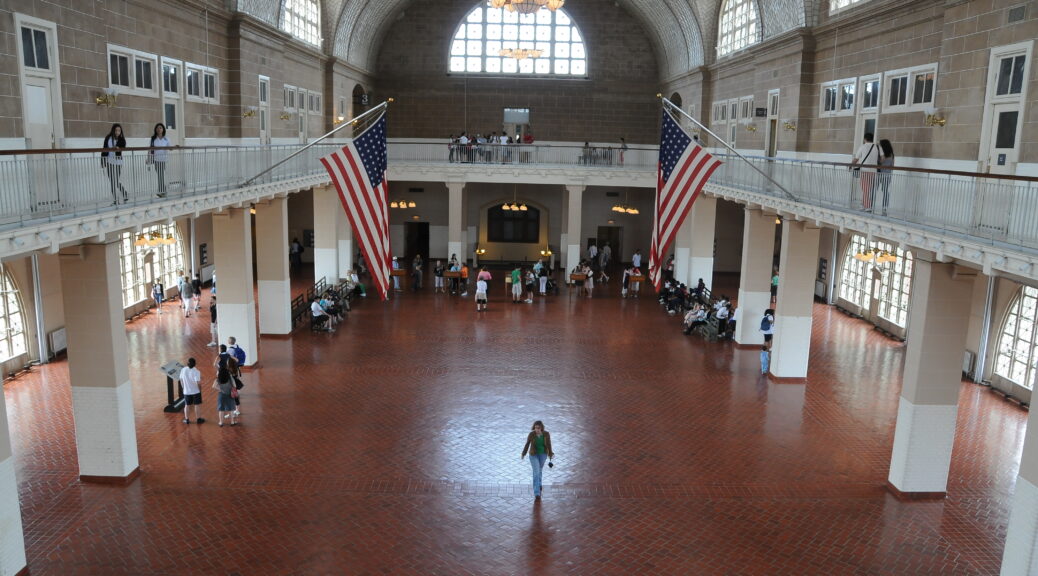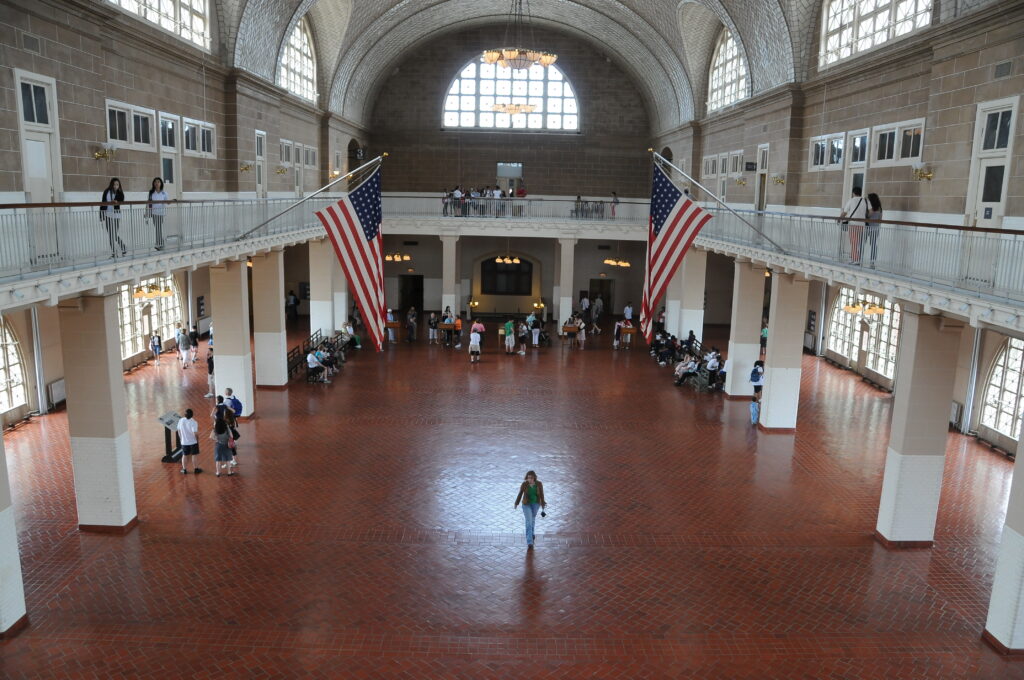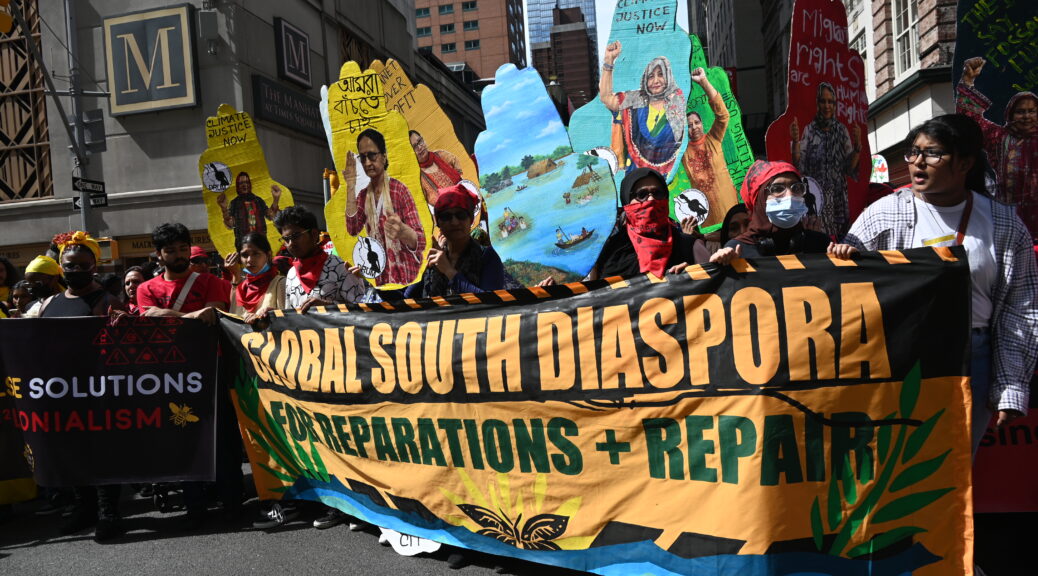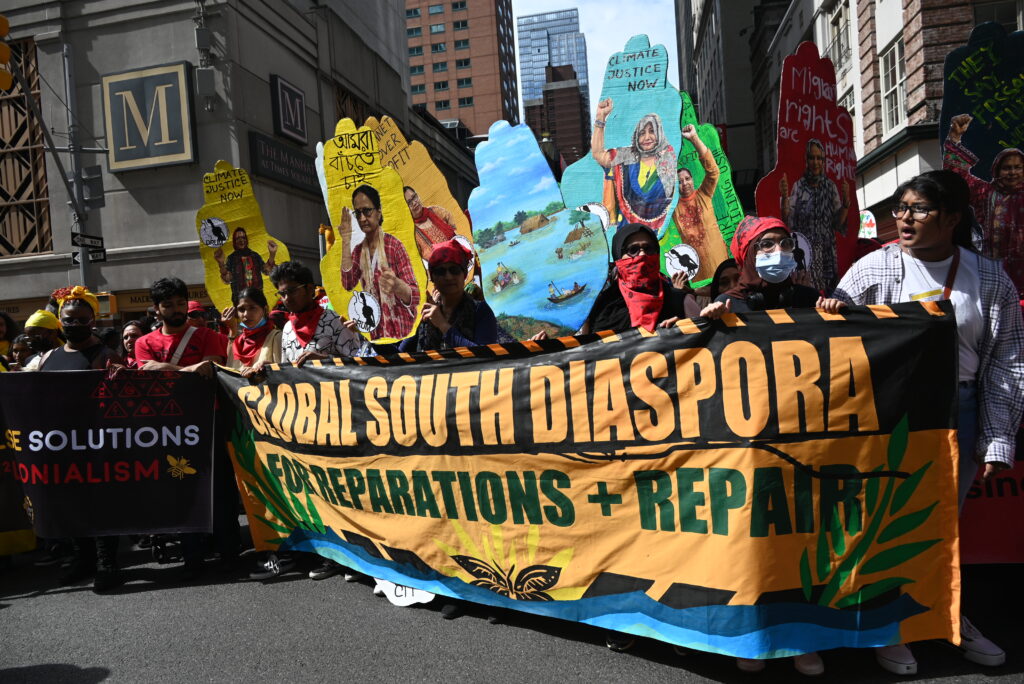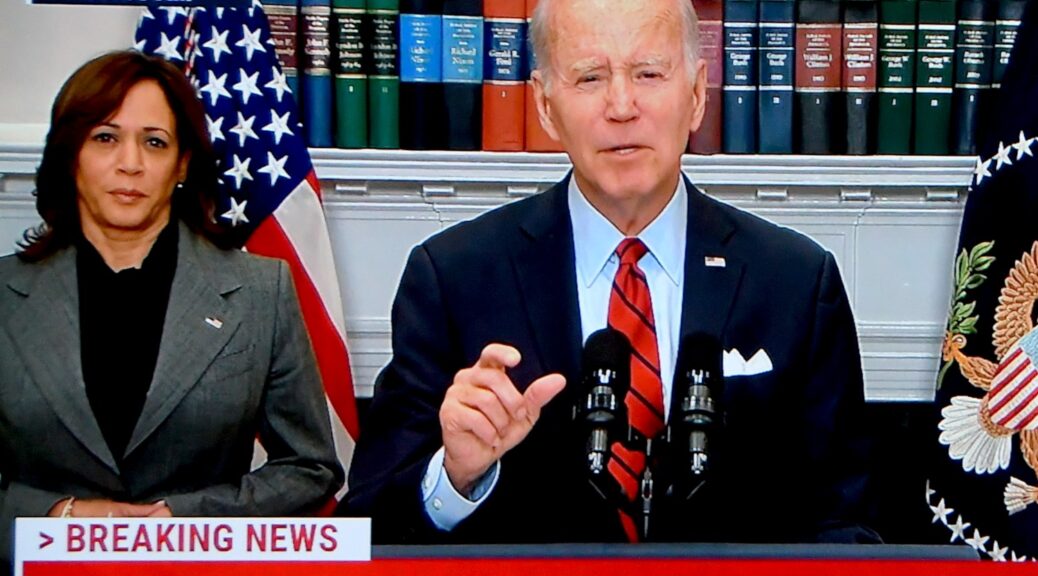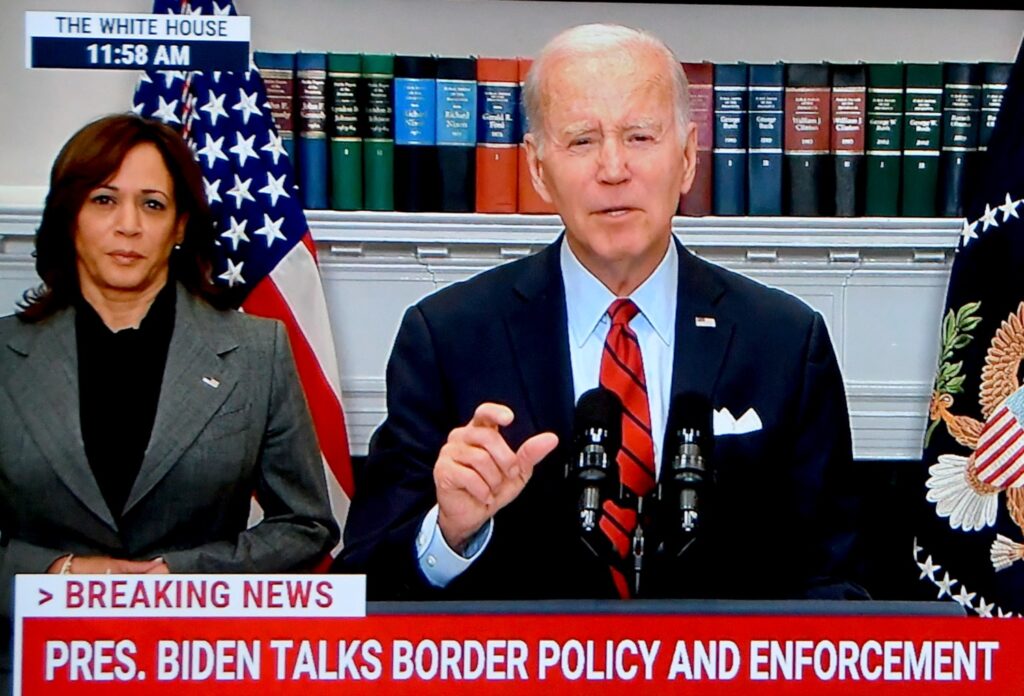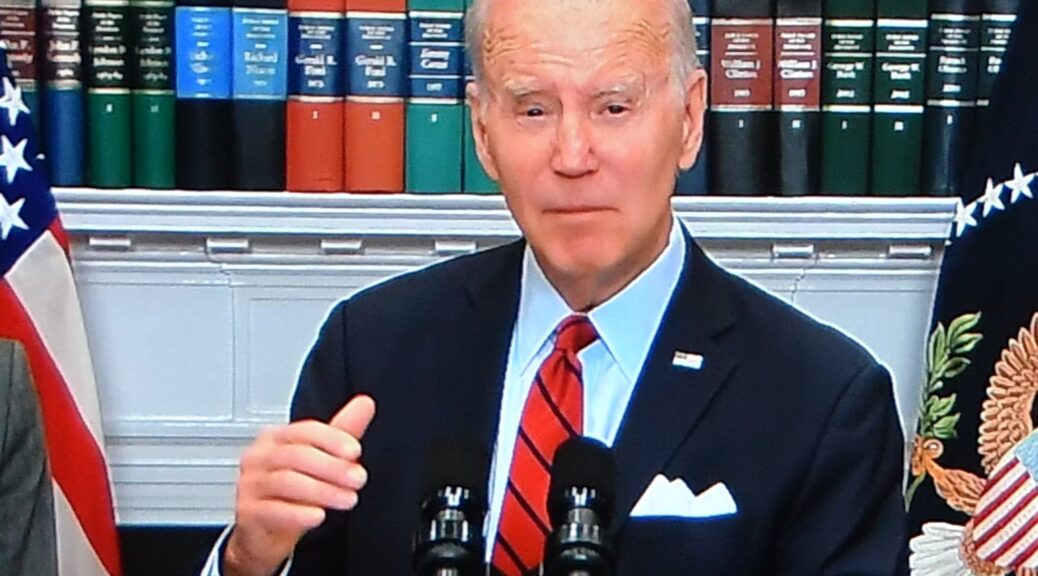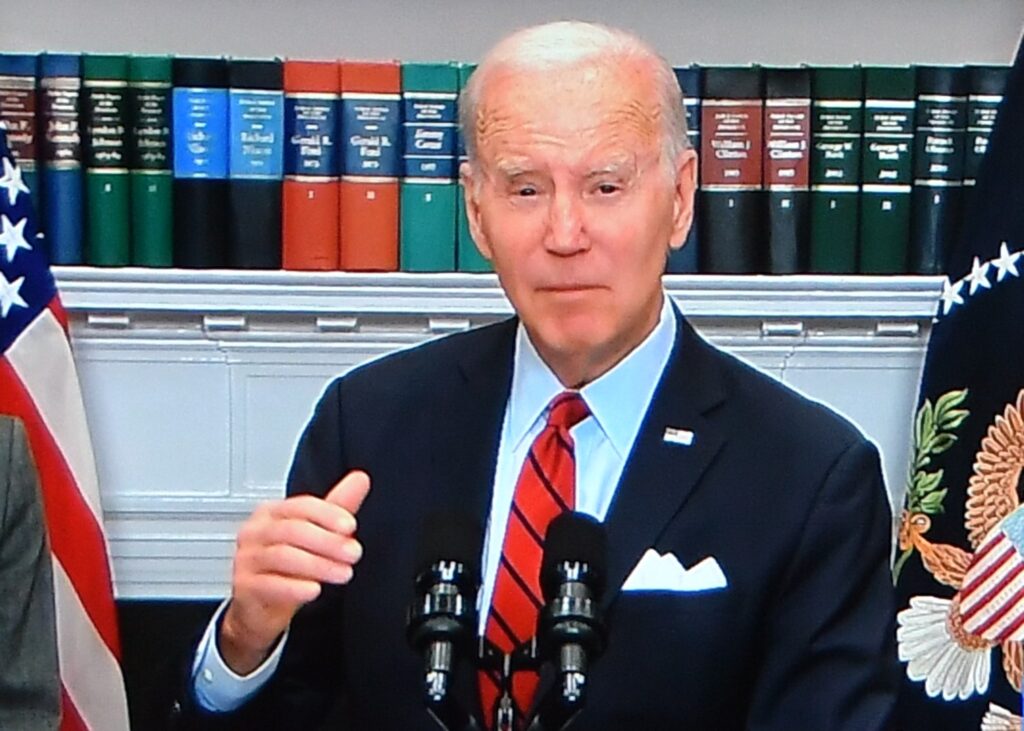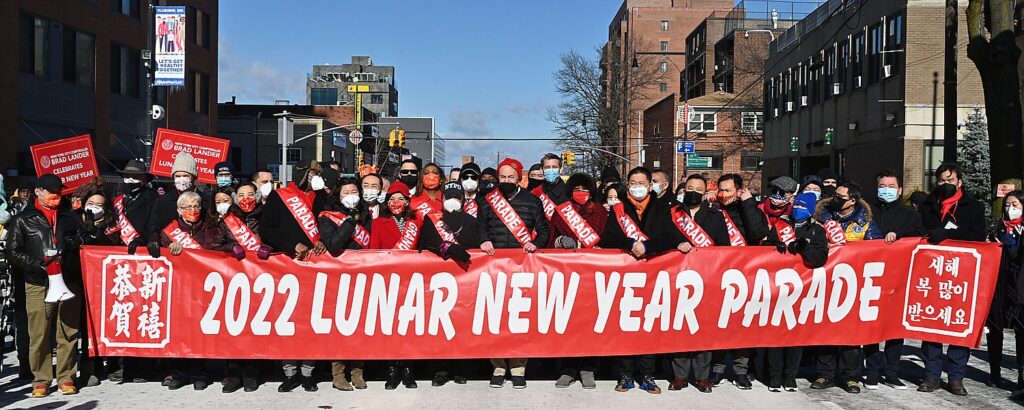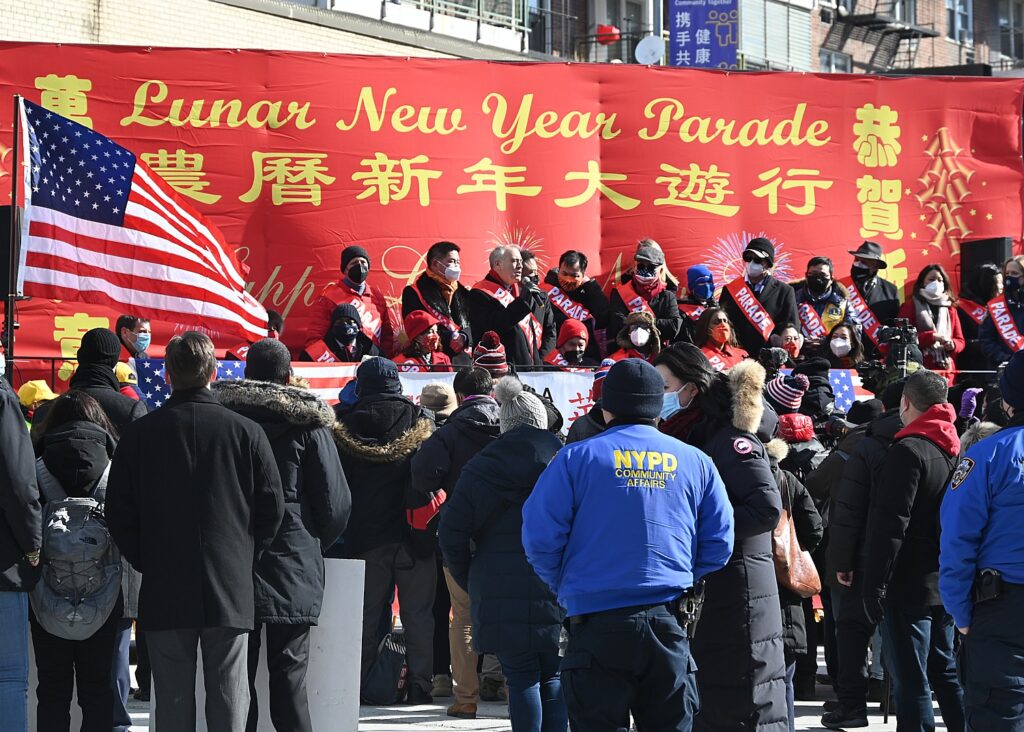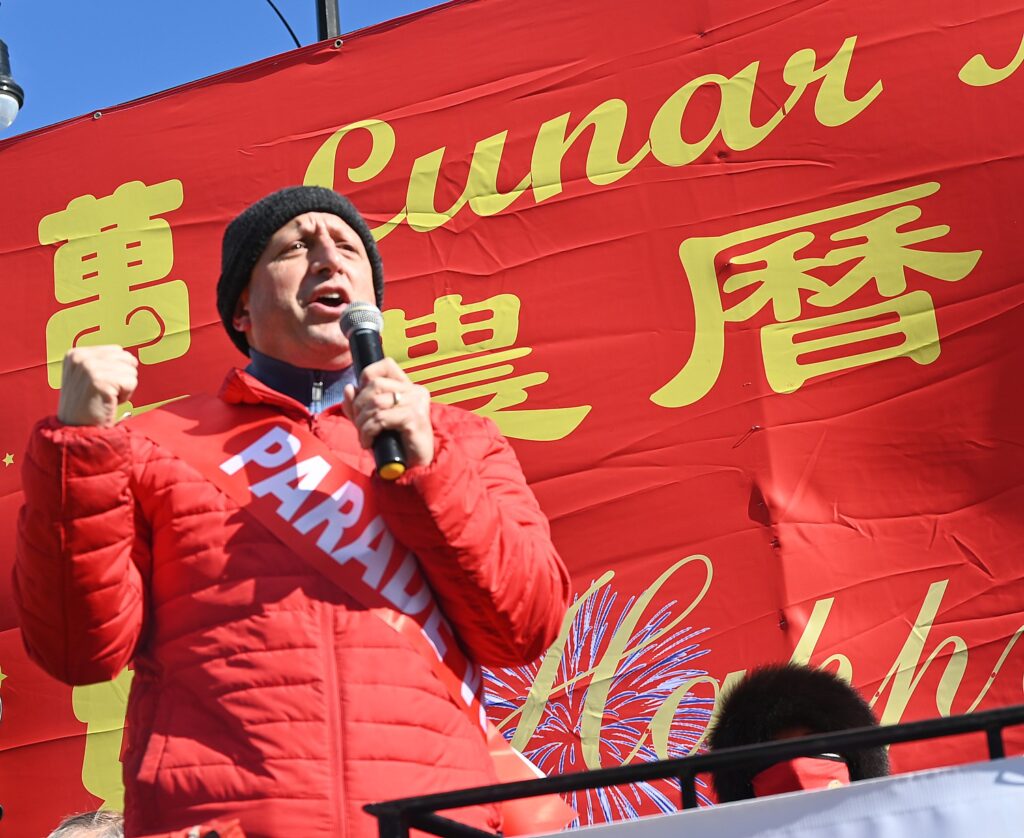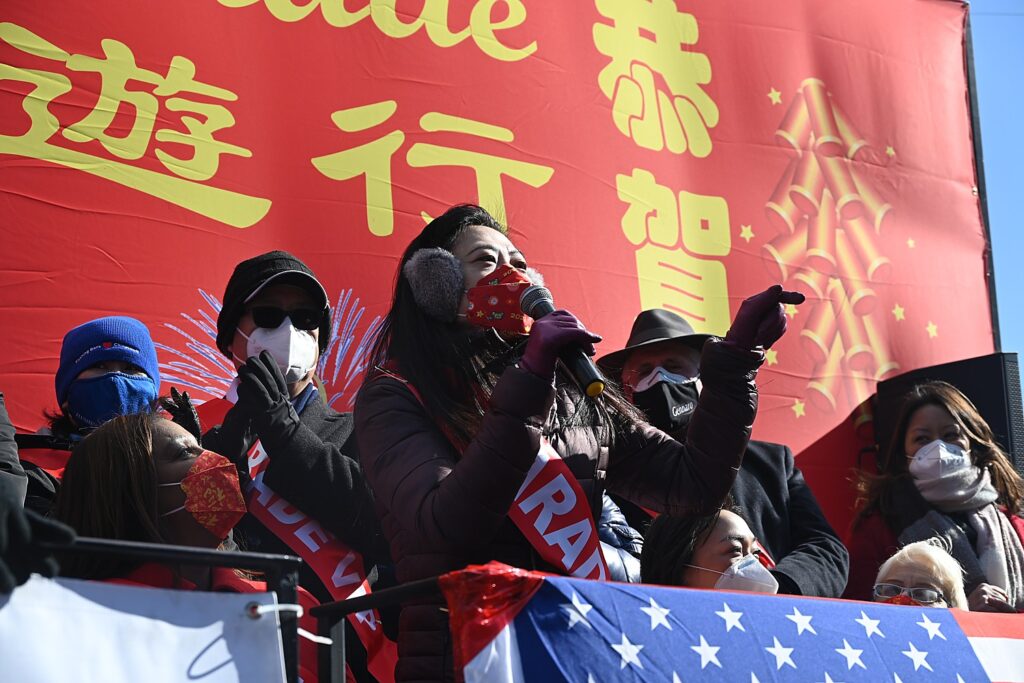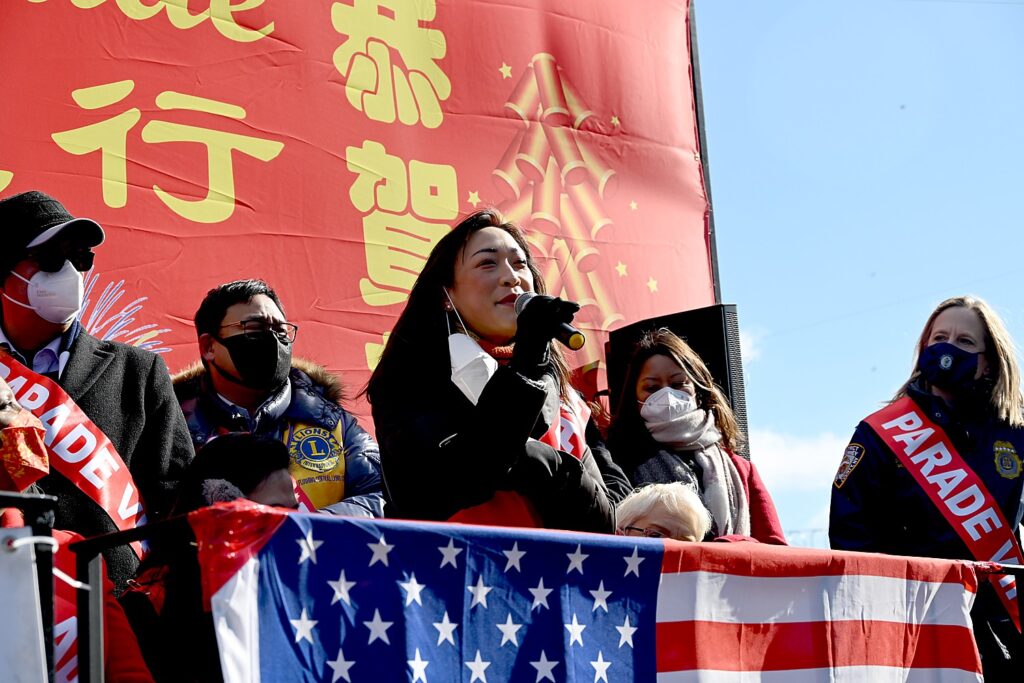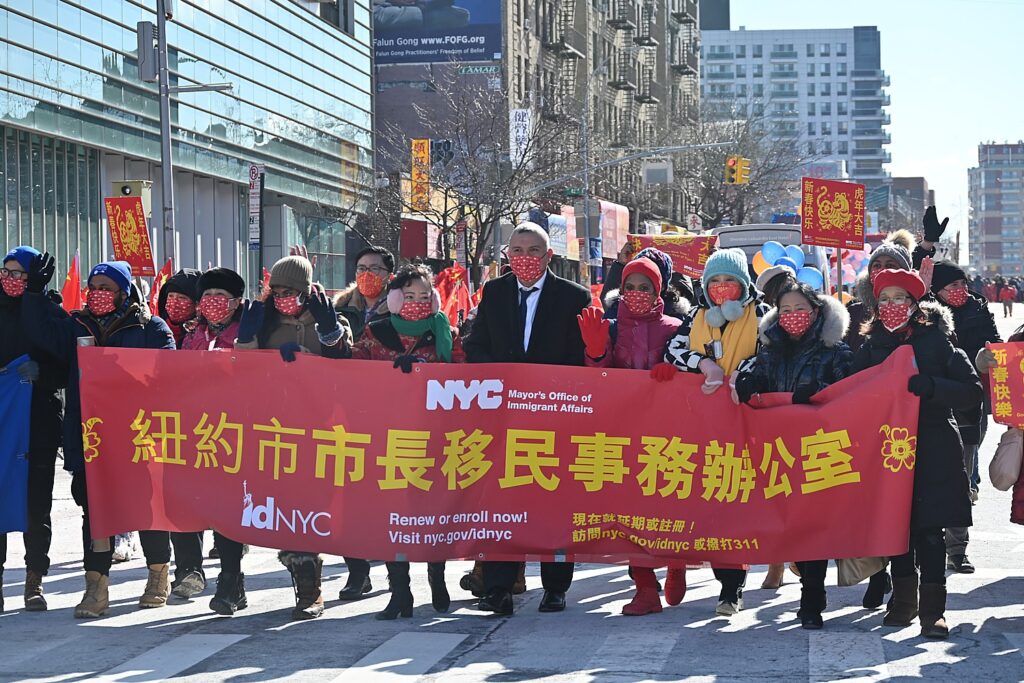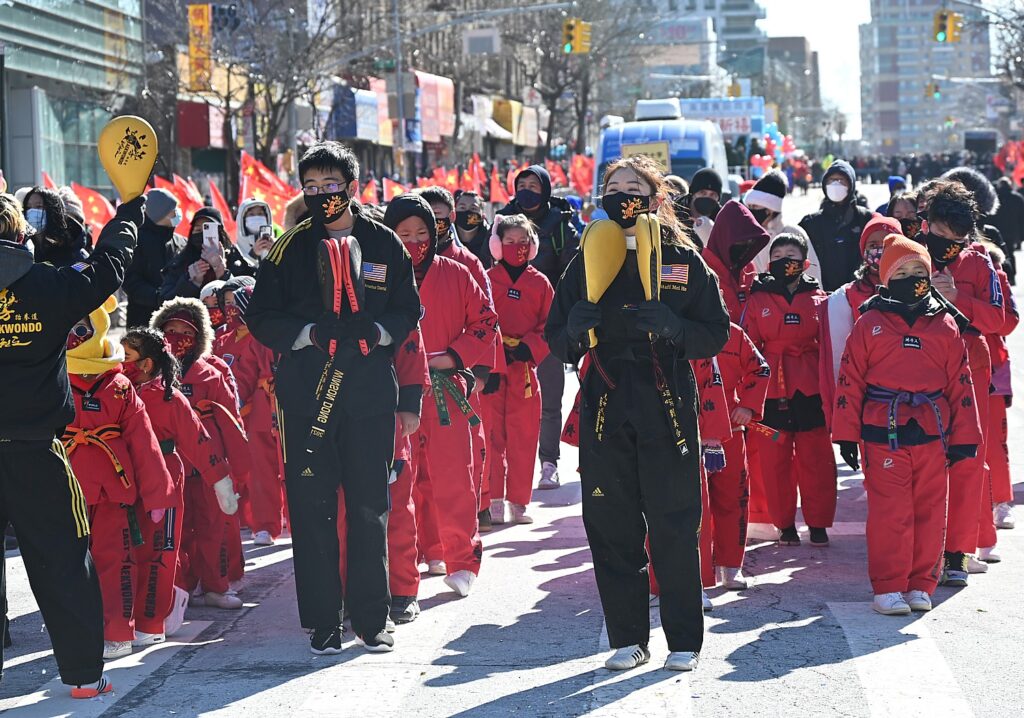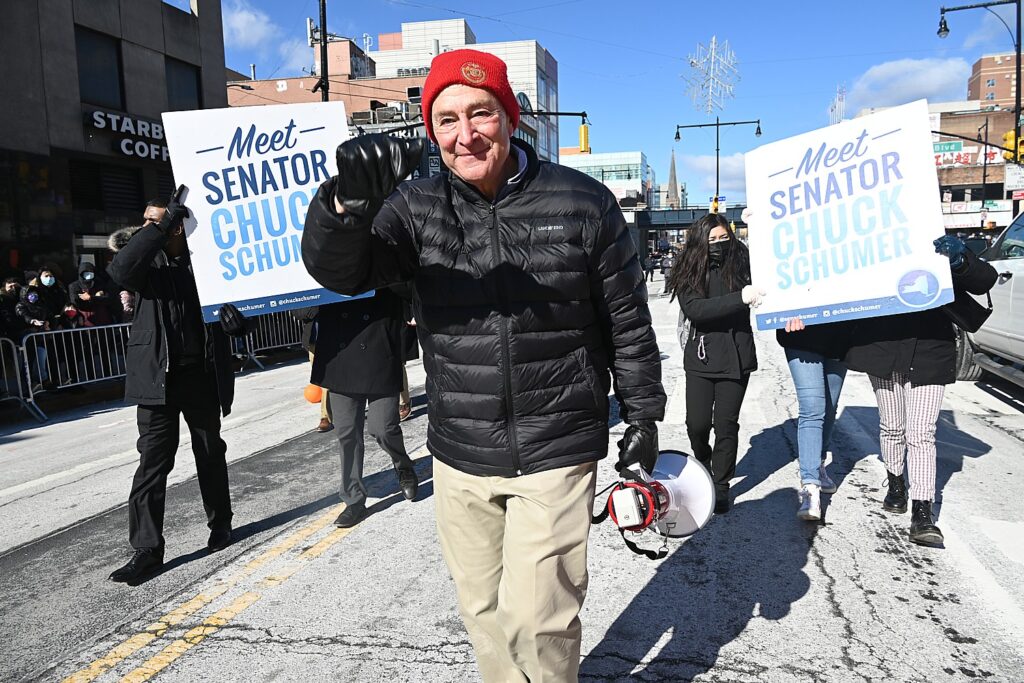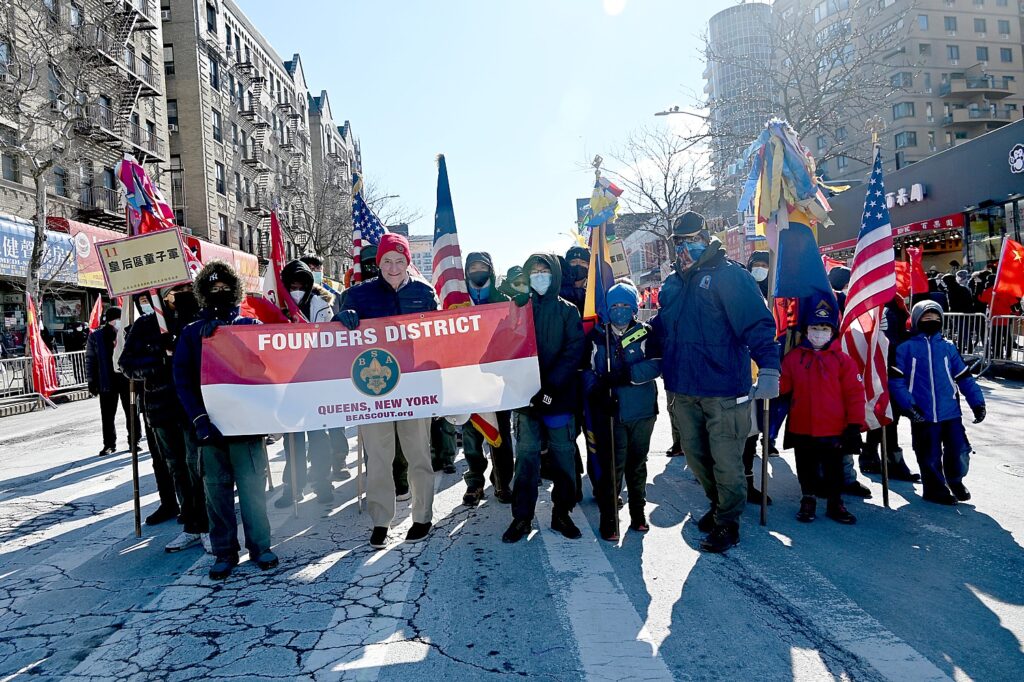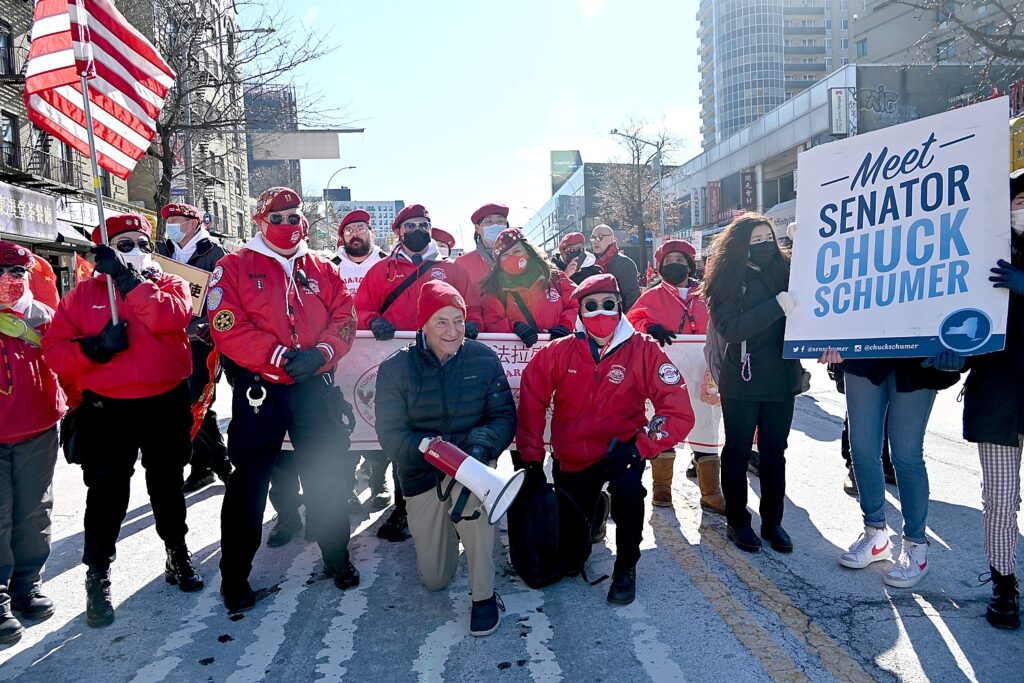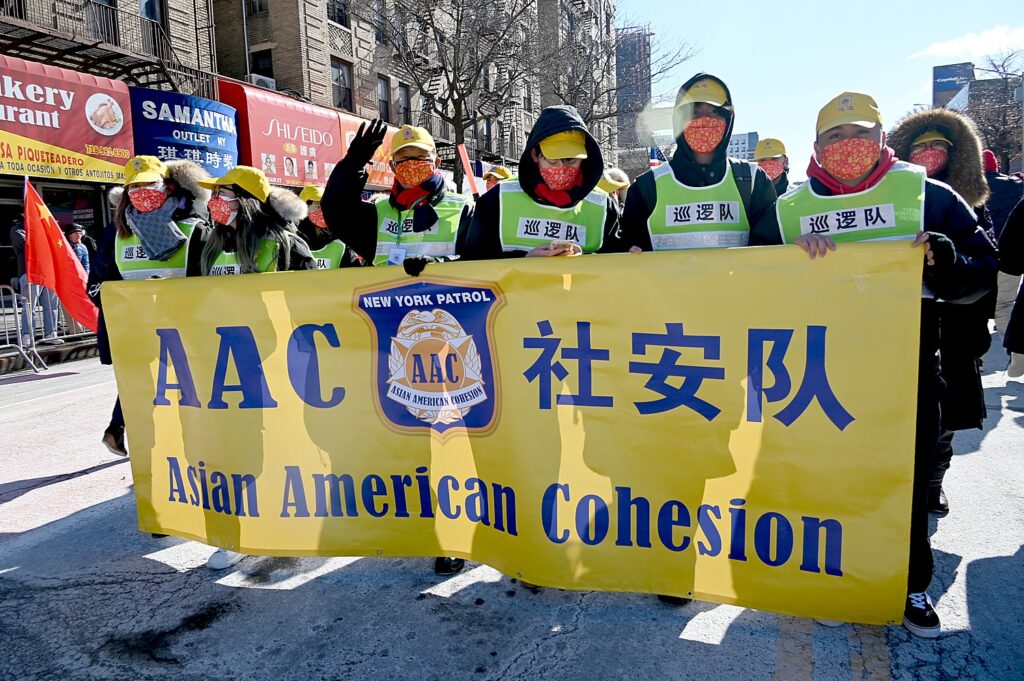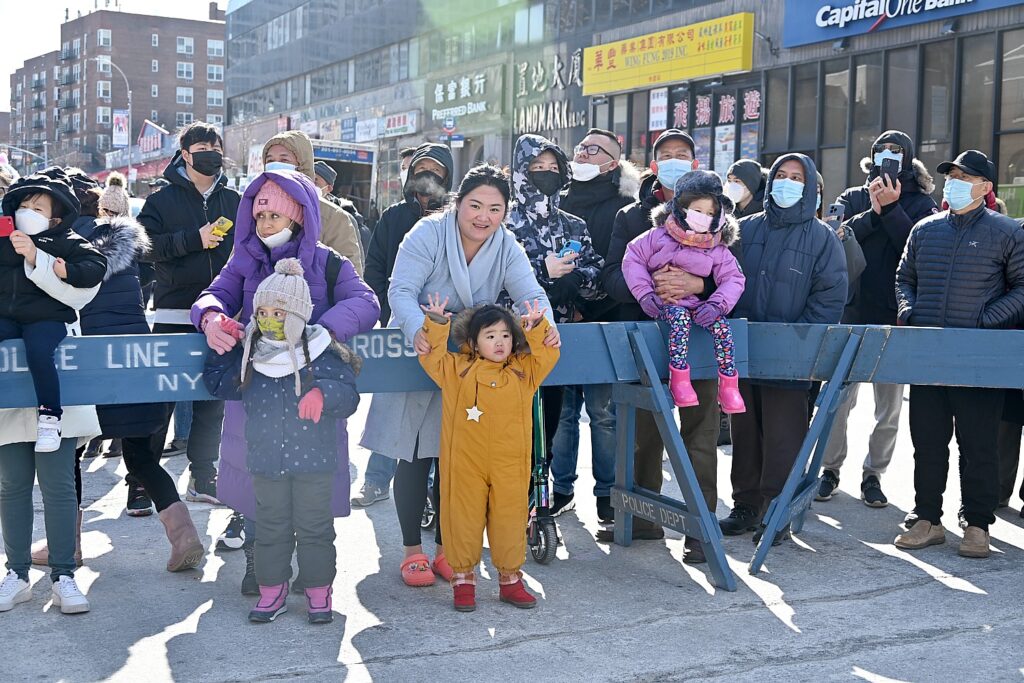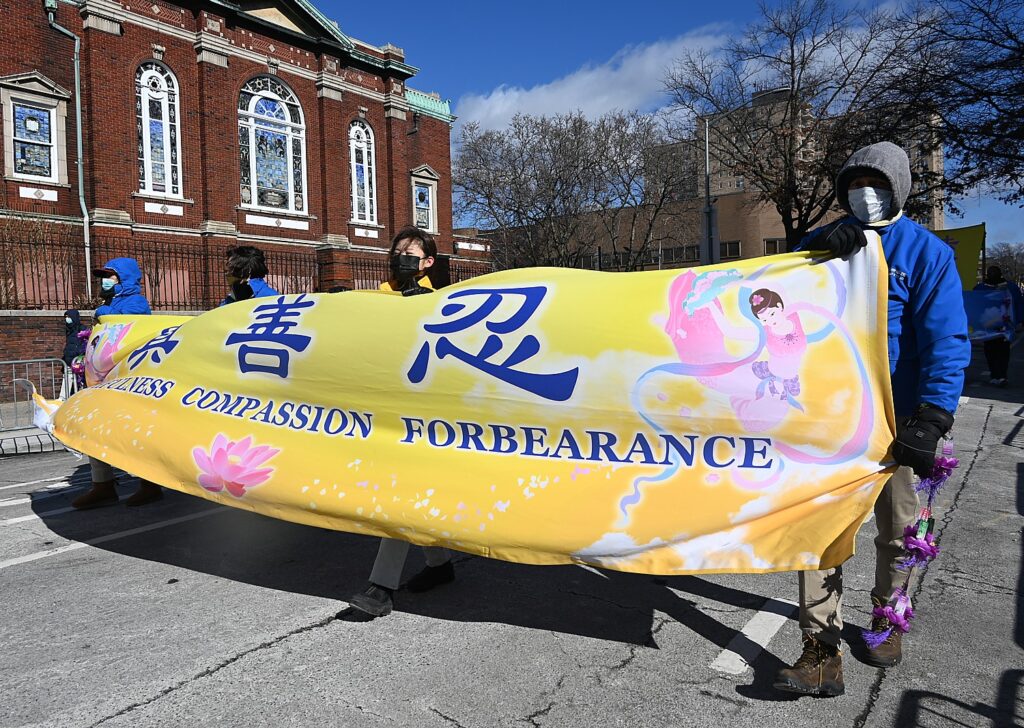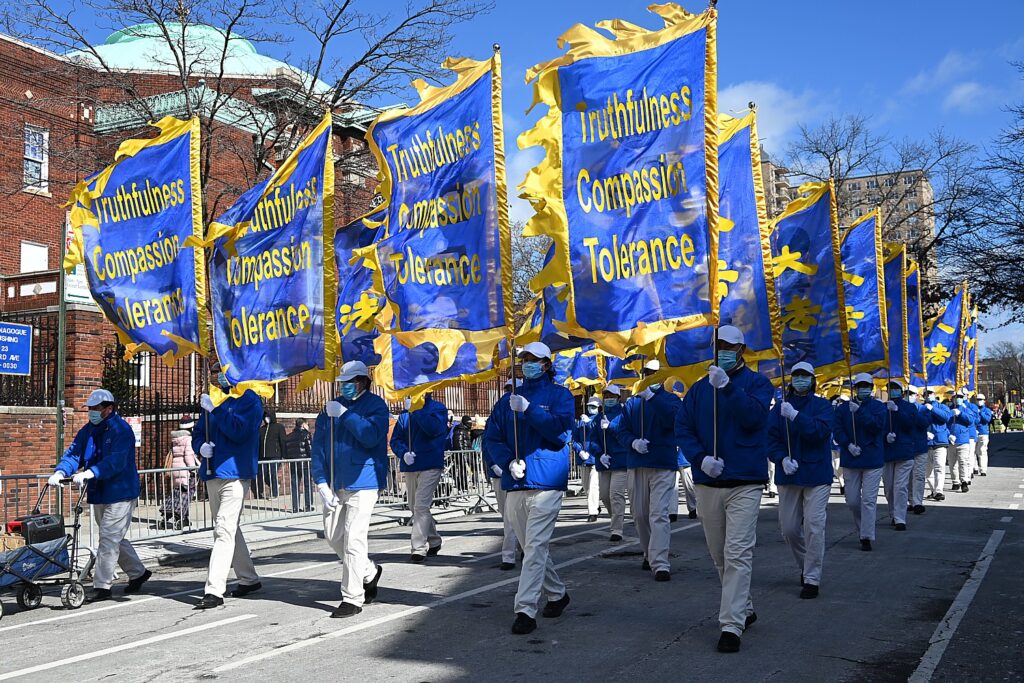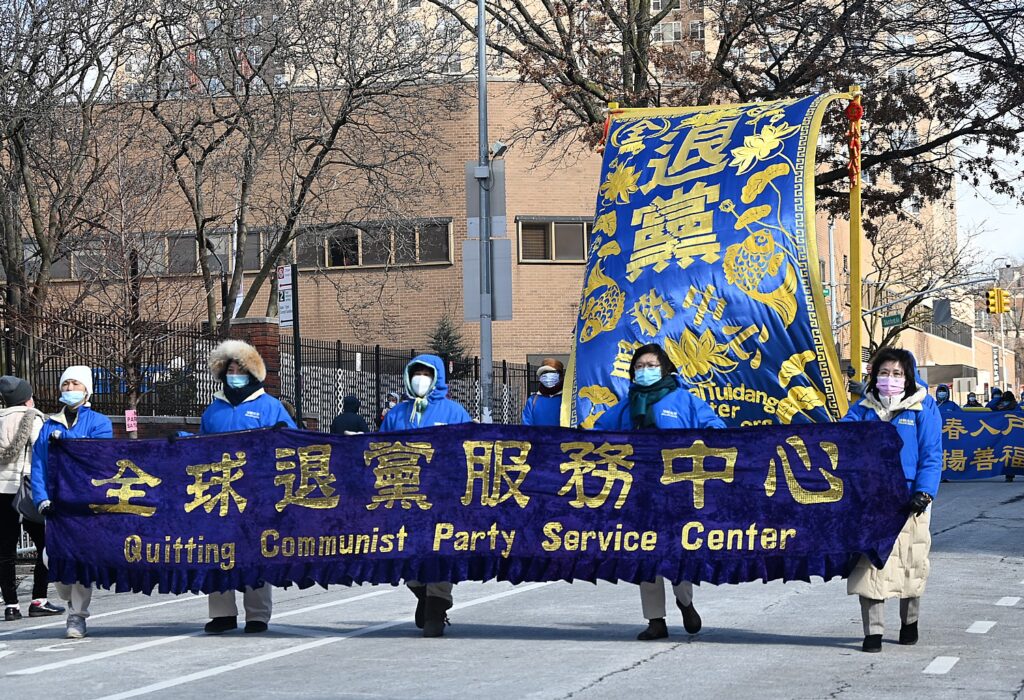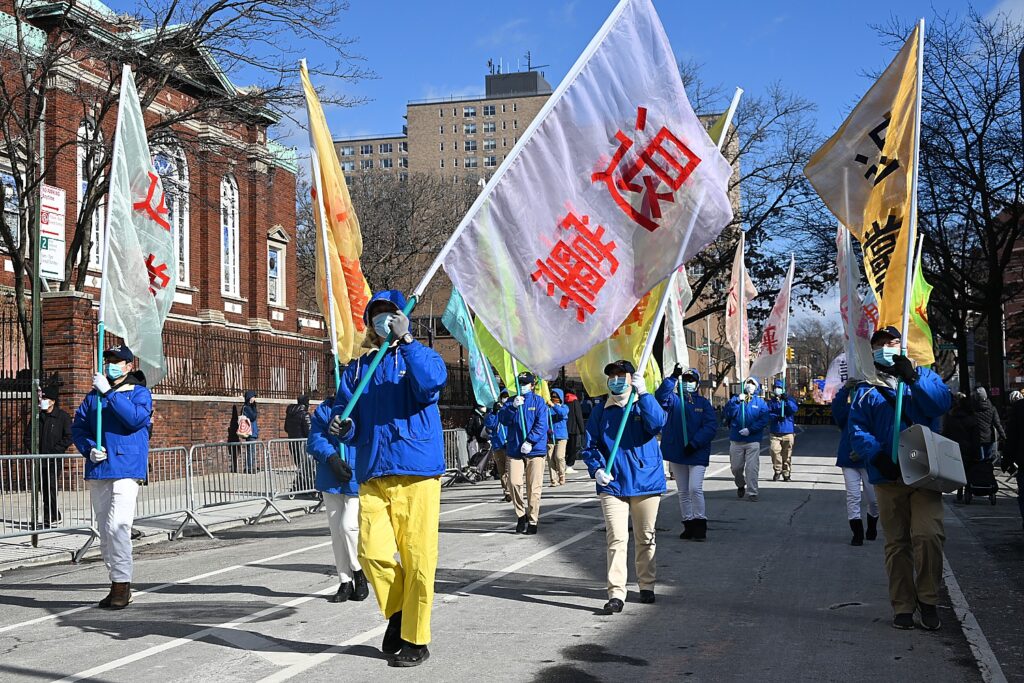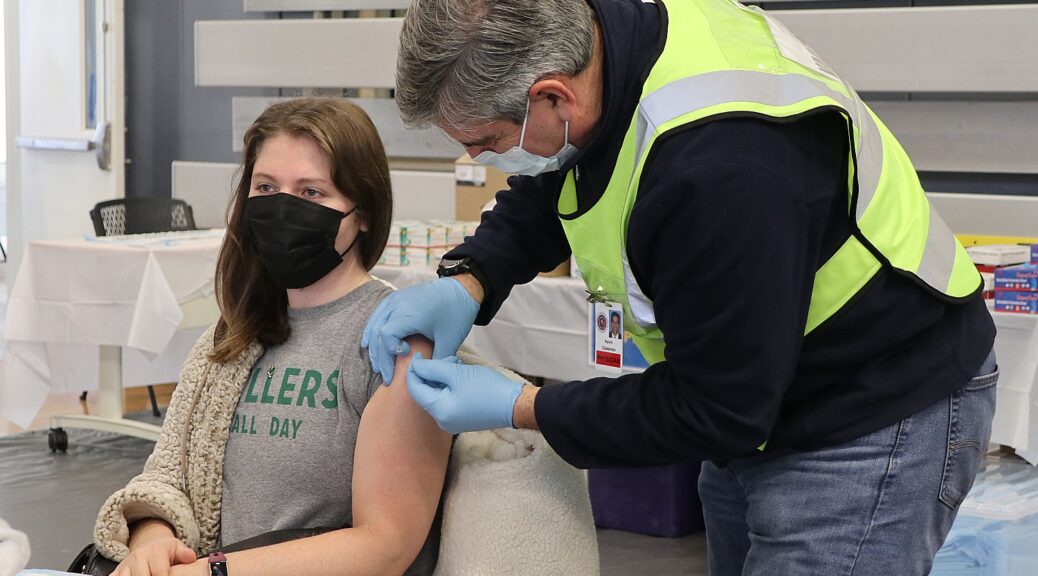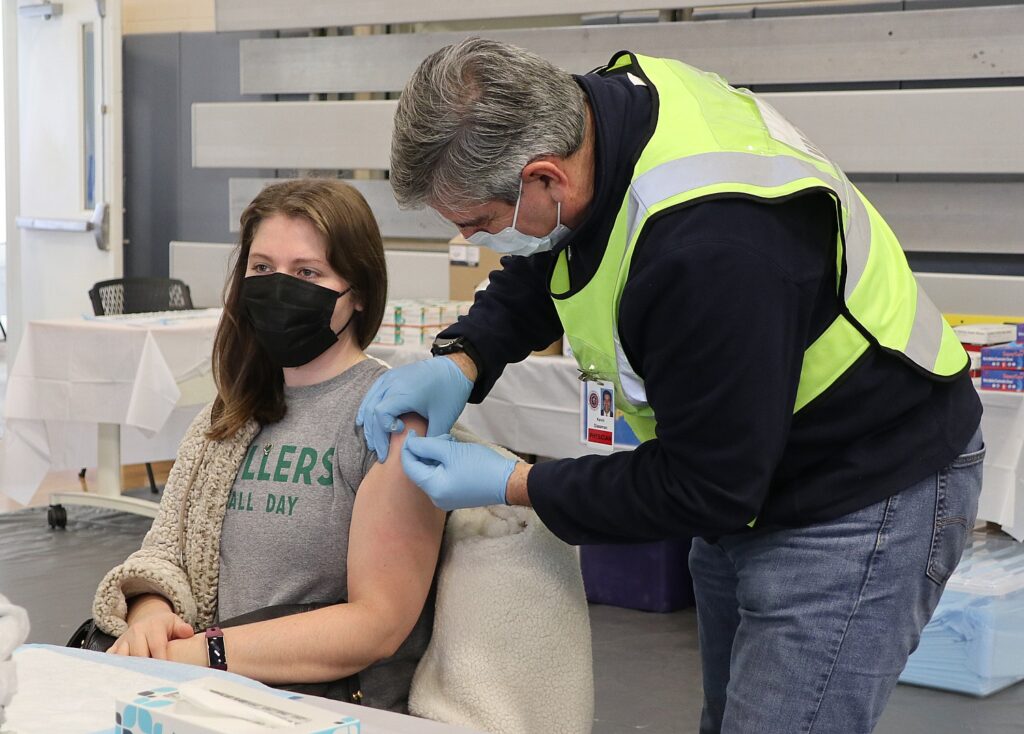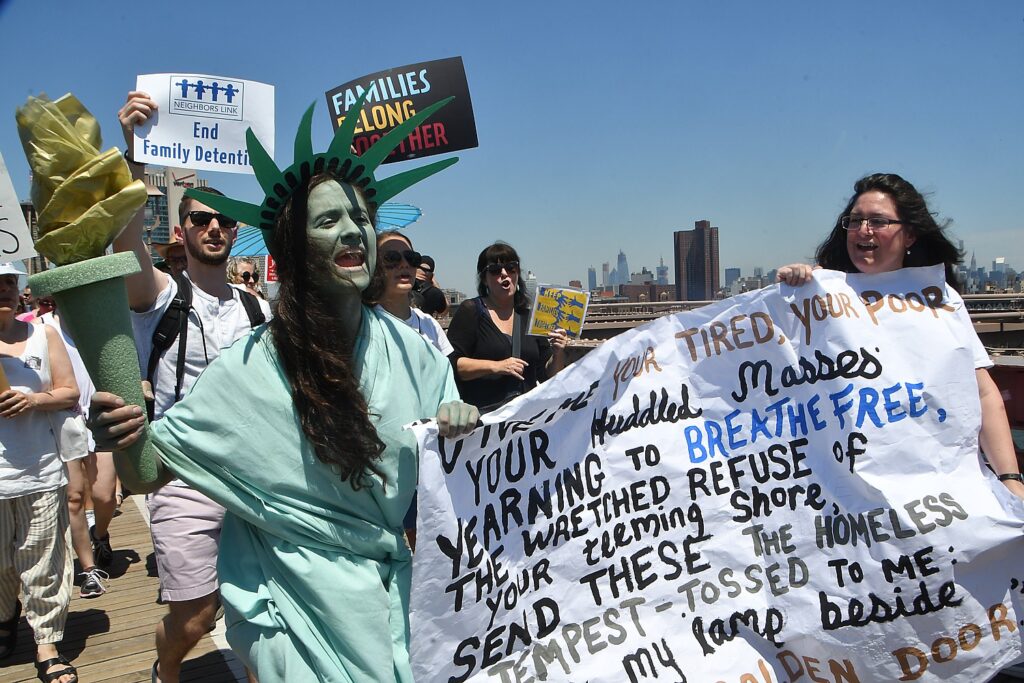
Thanks to a steady stream of desperate migrants escaping conflict and climate disasters at the southern border but all over the world (and propaganda), voters now consider immigration (not women’s reproductive rights, gun violence or climate action) the leading issue. And Trump and the MAGA Republicans want to keep it that way. So after negotiating the toughest immigration reform in 30 years (and Democrats abandoning calls to legalize status for DACA recipients and the rest of the millions of undocumented migrants who have been living and working in the US for years in order to reach a compromise), Trump issued his order that House Republicans nix adopting the National Security Plan, that also included aid to Ukraine, Israel, Taiwan and humanitarian aid and instead, voted to impeach Homeland Security Secretary Alejandro Mayorkas, while Republican Governors Greg Abbott and Ron DeSantis are working hard to increase the misery of the desperate migrants and the Democratic cities they are shipping these individuals to, without warning or coordination, just to elevate the crisis. Meanwhile, Trump’s agenda for a second term would go beyond the cruelty of his family-separation program of his first term.
Rather than playing politics on the issue, Biden is trying to take action, and today, in traveling to Brownsville, Texas to meet with U.S. Border patrol agents, is laying out why Republicans’ failure to act is handicapping the administration’s effort to address the migrant crisis in a humanitarian way. This fact sheet is provided by the White House – Karen Rubin/news-photos-features.com
Today, President Biden is traveling to Brownsville, Texas to meet with U.S. Border Patrol agents, law enforcement, frontline personnel, and local leaders to discuss the urgent need to pass the Senate bipartisan border security agreement.
President Biden has repeatedly said he is willing to work in a bipartisan way to secure the border and fix our broken immigration system. Over several months, his Administration negotiated with a bipartisan group of Senators to release a bill that includes the toughest and fairest reforms to secure the border we have had in decades. It would make our country safer, make our border more secure, and treat people fairly and humanely while preserving legal immigration, consistent with our nation’s values. The bill received support from the Border Patrol Union, the Chamber of Commerce, the South Texas Alliance of Cities, and the Wall Street Journal – but Speaker Mike Johnson and House Republicans have decided to play politics at the expense of border security.
At the President’s request, the agreement included over $20 billion for border security. The agreement would provide critical resources at the border and significant policy changes, including:
Border Patrol: Border Patrol staffing has remained roughly flat over the last four years, despite border encounters increasing by 250 percent over the same period. Today, there are just shy of 20,000 Border Patrol Agents. The bipartisan Senate bill would add more than 1,500 new Customs and Border Protection personnel.
Asylum Officers and Asylum Reform: Similarly, Asylum Officer staffing has remained stagnant over the last four years and there is an insufficient number of asylum officers to do initial screenings. As a result, each asylum case generally takes 5 to 7 years to be heard and adjudicated. Today, there are approximately 1,000 Asylum Officers; the bipartisan Senate bill would add an additional 4,300 Asylum Officers and it would make the asylum process faster and fairer.
Immigration and Customs Enforcement (ICE): ICE detention facilities are currently over capacity. Today, ICE has approximately 40,000 detention beds. The bipartisan Senate agreement would increase detention beds to a total of 50,000. Moreover, without immediate action from Congress DHS will need to move funding to ICE from other critical missions or reduce ICE’s enforcement operations to manage a shortfall of several hundred million dollars.
Immigration Judges: Currently there is a backlog of over 2 million cases for immigration judges. Each asylum case generally takes 5 to 7 years to complete. Without more judges, these timelines and backlogs will continue to grow. Today there is funding for 734 immigration judges, the bipartisan Senate bill would provide funding for an additional 100 immigration judges and their associated staff.
Combatting Drug Trafficking: We continue our fight against the trafficking of fentanyl and other illicit drugs. The bipartisan agreement would fund the installation of 100 cutting-edge inspection machines to help detect fentanyl at our Southwest Border ports of entry. It would also give the President the authority to impose sanctions on foreign nationals knowingly involved in significant trafficking of fentanyl by a transnational criminal organization.
The bill also includes $1.4 billion for cities and states who are providing critical services to newcomers, and would expedite work permits for people who are in the country and qualify.
In order to truly tackle this problem and support the more than four thousand border and immigration officials who work in the Rio Grande Valley – which includes Brownsville – with the additional personnel and resources they need to secure our border, Congress must act.

